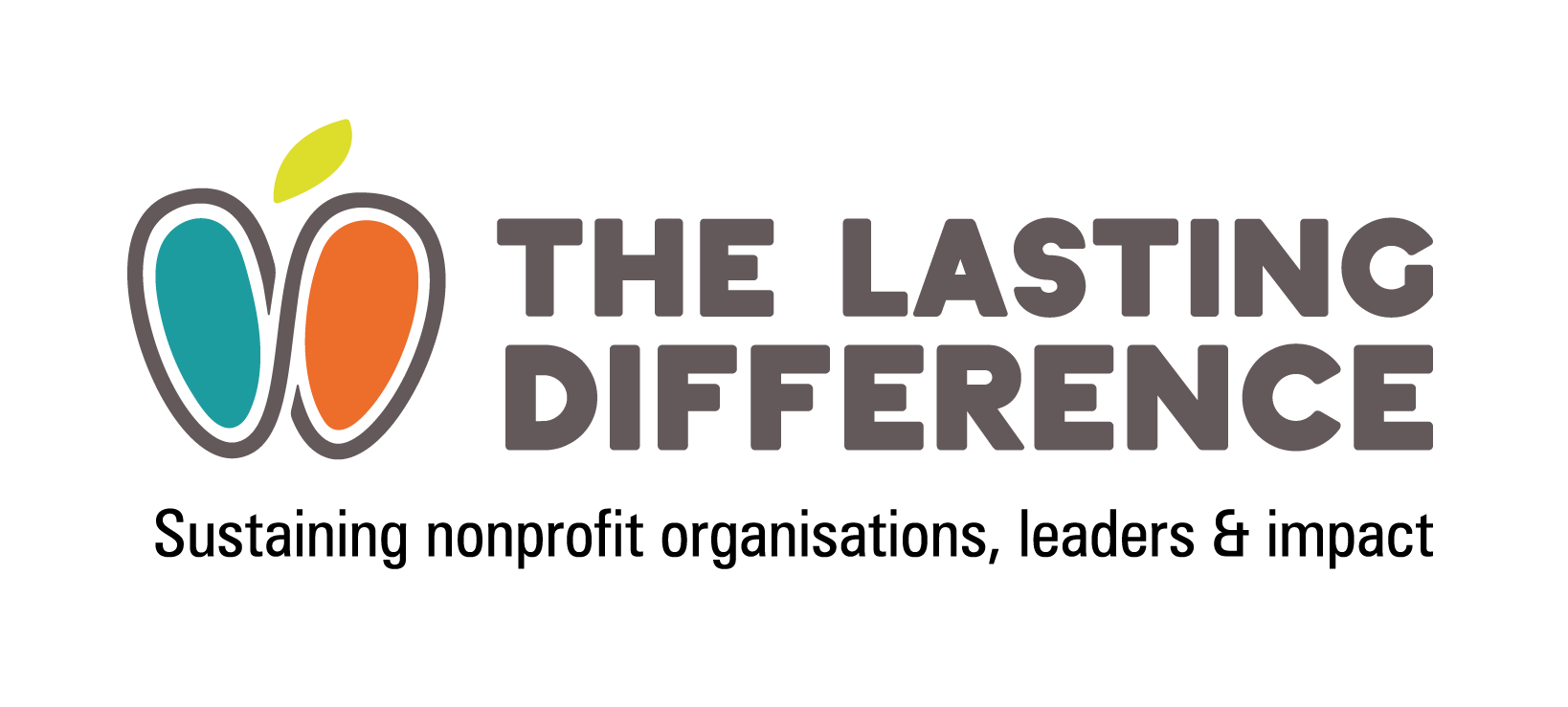Until now, the Lasting Difference has addressed sustainable impact by focusing on three clear principles:
- Encouraging independence and ownership
- Increasing influence and capacity
- Generating and sharing learning.
Today I’m starting the first of seven articles to expand on these principles by introducing the seven domains of sustainable impact. These aren’t theoretical, they’re very real, things you can straightforwardly apply in your work. With the likelihood of increased austerity, the need to maximise effectiveness and the ever-present desire to increase community capacity and ownership, now is the time to do so.
The seven domains are:
- As individuals: being valuable…but not precious.
- People experiencing the long term benefits of support.
- Services supporting independence, choice and control.
- Our organisations not planning to be around for ever – they won’t be.
- Other organisations being more able to respond and take a lead.
- Policy and policy makers responding to evidence of changing needs.
- Communities being better informed, connected and equipped.
Today we’re starting at the individual level. As usual, I’ve got a few provocations to help open things up.
As individuals: being valuable, not precious.
You are part of the problem you are trying to solve.
What are you holding onto?
What could you achieve if you let go of the need to take credit?
The only way to have a sustainable impact is to ensure things have a life of their own without you. This might be called legacy, capacity building, exit strategy or any number of other names. What matters is equipping other people – and the issues you serve – to need you less. The second domain develops this idea further. First of all though, it starts with you.
Work with yourself
Self-awareness, self-reflection and self-care are critical to avoid being self-serving. Start by being clear on your personal aims and motivations. What difference do you want to make in the world? What drives you? And how do you manage this healthily? The passion that burns in you can create a shadow – it can make you protect your role and status or burn you out altogether.
Recognise when you get overloaded and take action to slow down, prioritise, and seek help. Monitor your levels of energy and commitment. Recognise when it’s time to move on to a new role, for example planning an individual exit strategy for when you will leave your current job or project. Take time for personal and professional development.
It helps to be very clear on the difference between what you need to do and what needs to be done. Just because there’s a gap to fill or a problem to solve, it doesn’t mean it has to be you that does it.
Check your motivations for making decisions. Are they the right decisions for the right reasons? What would someone else decide if they had an objective view on your situation? What would you do if you looked at the same situation from the outside?
Work with others
Identify other people’s skills and interests and enlist their help. Bring people together – as the proverb goes, if you want to go fast go alone, if you want to go far, go together. It’s always useful to think about who your key allies and sources of influence might be. And fundamentally, you need to be clear on what you have the power to influence and what you might need to share, delegate – or let go of altogether.
Put systems and frameworks in place so colleagues are less reliant on you. Remember they won’t step in or step up to help if you don’t trust them enough to step out of the way. Develop a succession plan, delegate more actively and invest in time in colleagues’ development. Agree goals together and work towards them together.
This domain is in equal parts about ambition and humility. It means acknowledging but letting go of our individual need to feel valuable. This is easy to say and harder to do. But it’s going to be vital as we work through the other six domains, all of which are about sharing, letting go and building other people’s capacity.
We must learn to be valuable without being precious.
